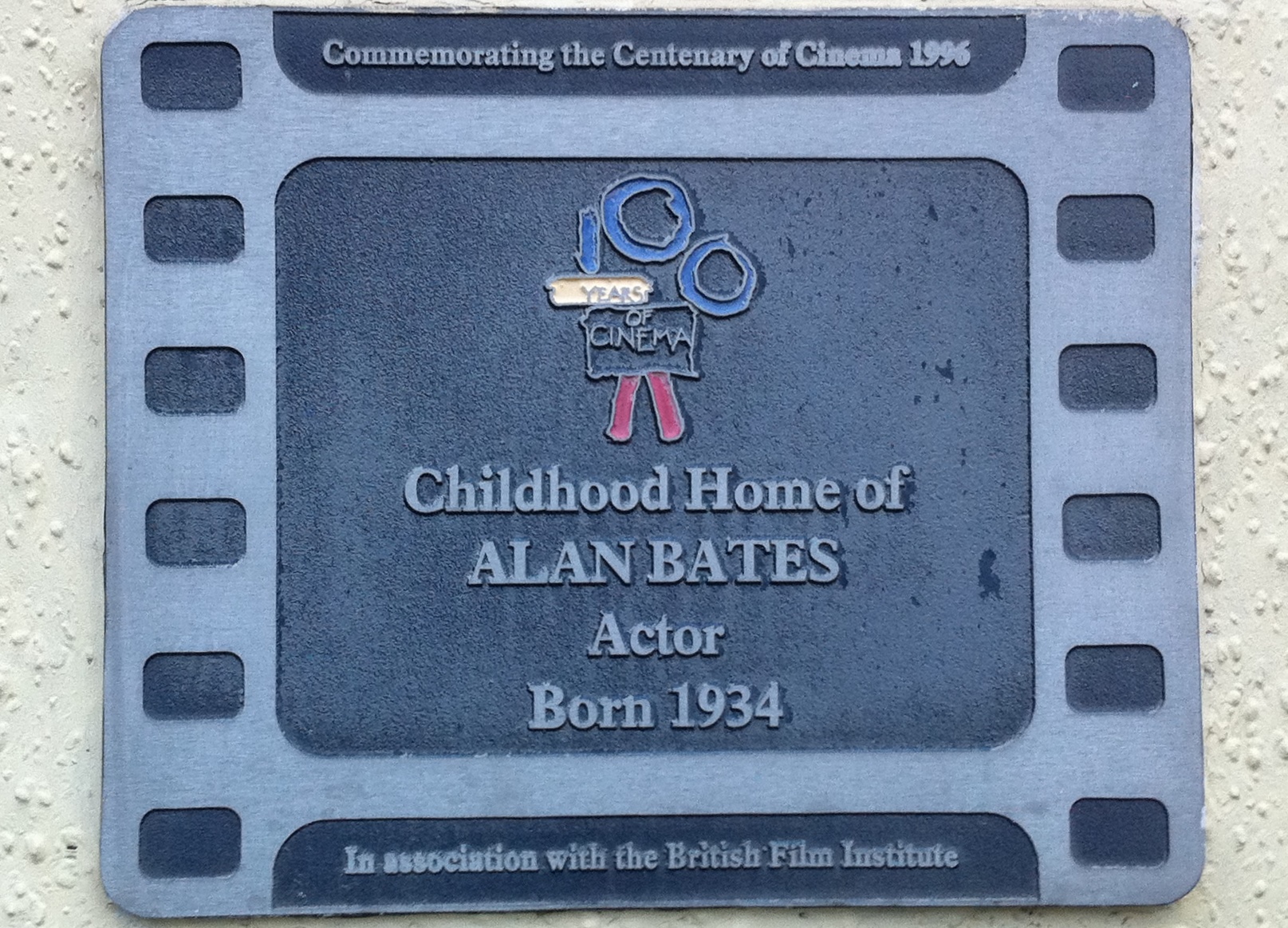1. Early life and Education
Alan Bates's formative years were shaped by his family's musical background and his early decision to pursue acting, followed by a formal education that prepared him for a distinguished career in the performing arts.
1.1. Birth and Family Background
Alan Bates was born at the Queen Mary Nursing Home in Darley Abbey, Derby, England, on 17 February 1934. He was the eldest of three sons born to Florence Mary (née Wheatcroft), a housewife and pianist, and Harold Arthur Bates, an insurance broker and cellist. At the time of Bates's birth, the family resided in Allestree, Derby, though they briefly moved to Mickleover before returning to Allestree. Both his parents were amateur musicians who encouraged Bates's musical interests. However, by the age of 11, Bates had decided to become an actor and shifted his focus to studying drama. He further developed his passion by regularly attending productions at Derby's Little Theatre.
1.2. Education
Bates received his education at the Herbert Strutt Grammar School, located on Derby Road in Belper, Derbyshire. After completing his schooling, he was awarded a scholarship to the prestigious Royal Academy of Dramatic Art (RADA) in London. At RADA, he studied alongside notable future actors such as Albert Finney and Peter O'Toole. Following his studies, Bates left RADA to complete his National Service with the RAF at RAF Newton.
2. Career
Alan Bates's career spanned over five decades, marked by a diverse range of roles in theatre, film, and television that showcased his remarkable versatility and depth as an actor.
2.1. Early stage appearances
Bates made his professional stage debut in 1955 in the play You and Your Wife in Coventry. His breakthrough came in 1956 when he originated the role of Cliff in Look Back in Anger at the Royal Court Theatre. This performance led to his West End debut in the same role, which quickly established him as a star. He reprised the role for a television adaptation as part of the ITV Play of the Week and also performed it on Broadway. In 1967, Bates was a member of the acting company at the Stratford Festival in Canada, where he played the title role in Shakespeare's Richard III.
2.2. Film career
Bates made his feature film debut in 1960, appearing opposite Laurence Olivier in The Entertainer.
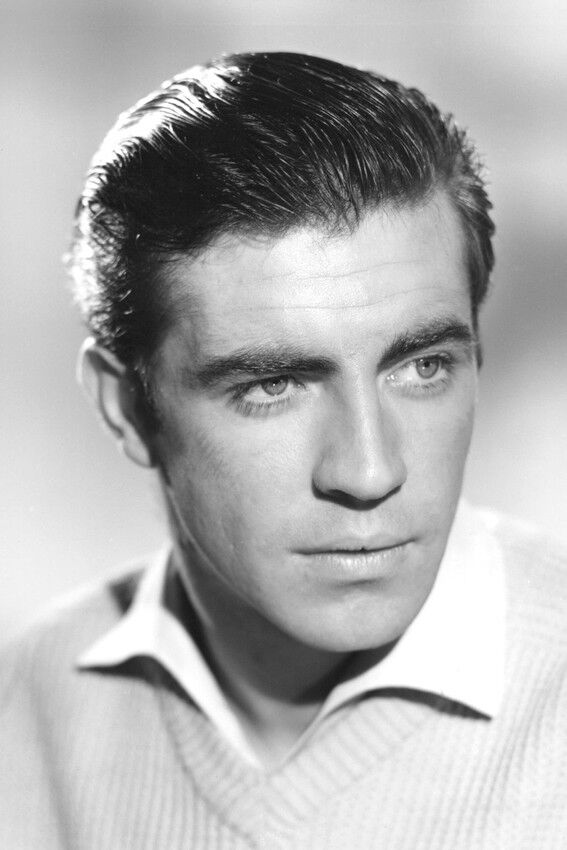
In the early 1960s, while acting at the Circle in the Square Theatre in New York City, Bates also worked for the Padded Wagon Moving Company. He soon took on lead roles in two highly popular films that solidified his status as a film star: Whistle Down the Wind (1961), directed by Bryan Forbes, and A Kind of Loving (1962), directed by John Schlesinger.
Film critics particularly lauded his performance in the 1963 film noir The Running Man, where he played Stephen Maddox, an insurance company investigator, opposite Laurence Harvey. Bates then starred in an adaptation of Harold Pinter's play The Caretaker (1963) with Donald Pleasence and Robert Shaw, directed by Clive Donner, who subsequently directed Bates again in Nothing But the Best (1964).
He took supporting roles alongside Anthony Quinn in Zorba the Greek (1964) and James Mason in Georgy Girl (1966). Bates reunited with director John Schlesinger for Far From the Madding Crowd (1967), starring Julie Christie. His performance in the 1968 Bernard Malamud adaptation The Fixer earned him an Academy Award nomination for Best Actor.
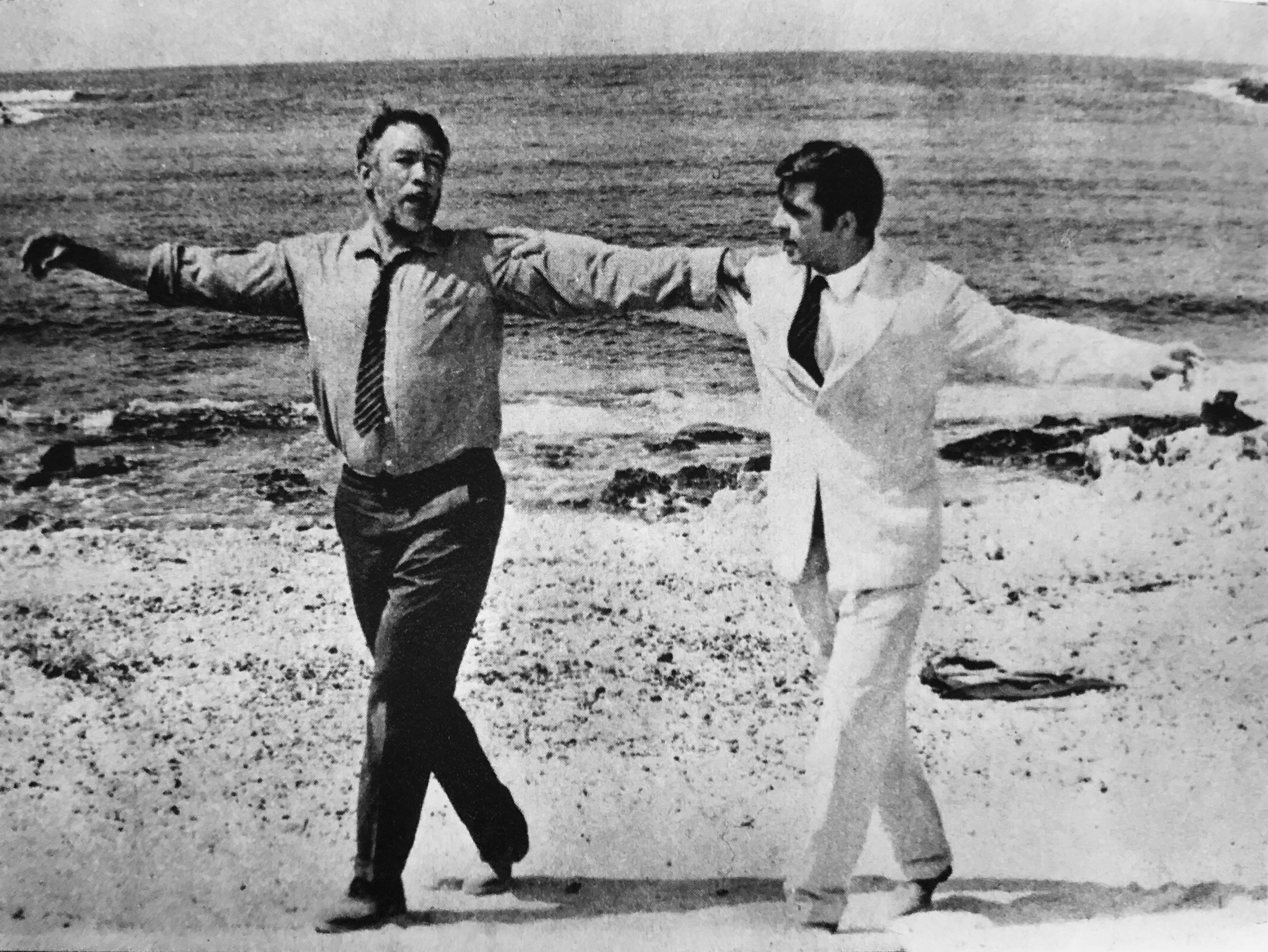
In 1969, Bates starred in Ken Russell's film Women in Love alongside Oliver Reed and Glenda Jackson, which famously featured a naked wrestling scene between Bates and Reed. He followed this with the National Theatre's film adaptation of Three Sisters (1970), directed by and co-starring Laurence Olivier, in which Bates played Colonel Vershinin.
Director John Schlesinger, with whom Bates had previously collaborated on A Kind of Loving and Far From the Madding Crowd, personally selected Bates for the starring role of Dr. Daniel Hirsh in the 1971 film Sunday Bloody Sunday. However, Bates was committed to filming The Go-Between (1971) for director Joseph Losey (again alongside Julie Christie) and had also become a father around that time, leading him to decline the role.
Other film roles in the 1970s included A Day in the Death of Joe Egg (1972), Story of a Love Story (1973), and play adaptations such as Butley (1974) and In Celebration (1975). He played the villain in Royal Flash (1975).
2.3. Television career
In the late 1950s, Bates appeared in several British television plays, including episodes of ITV Play of the Week, Armchair Theatre, and ITV Television Playhouse. In 1960, he played Giorgio in the final episode of The Four Just Men, titled "Treviso Dam". He later returned to television in shows like Wednesday Theatre.
During the 1970s and 1980s, Bates took on numerous significant television roles. He starred in the 1977 TV movie Piccadilly Circus and in the 1978 miniseries The Mayor of Casterbridge, where he played Michael Henchard, the ultimately disgraced lead character. Bates described this as his favorite role.
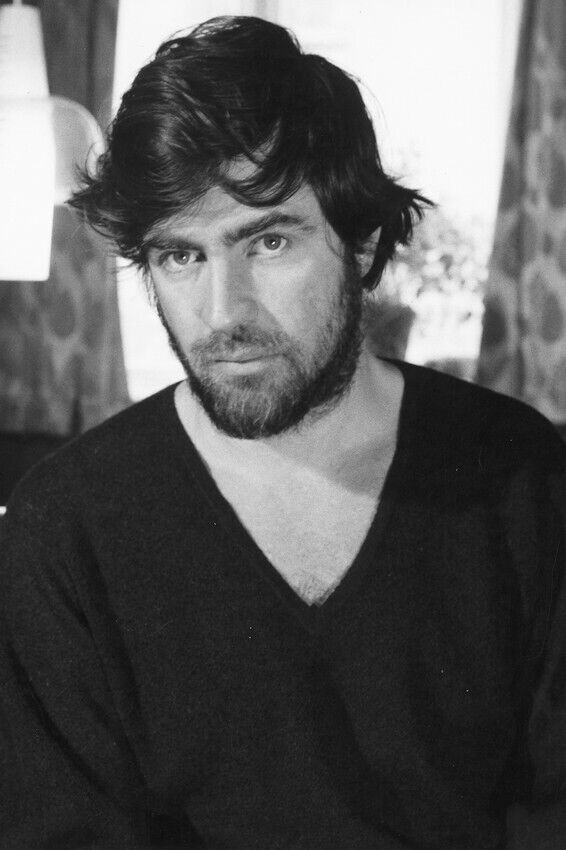
He also appeared in international films such as An Unmarried Woman (1978) and Nijinsky (1980), and played Bette Midler's ruthless business manager in the film The Rose (1979). Other notable television and film appearances from this period include The Shout (1979), Very Like a Whale (1980), A Voyage Round My Father (1984), Duet for One (1986), A Prayer for the Dying (1987), and an episode of The Ray Bradbury Theater in 1988.
Bates played two contrasting roles in television dramas: in An Englishman Abroad (1983), he portrayed Guy Burgess, a member of the Cambridge spy ring exiled in Moscow, and in Pack of Lies (1987), he played a British Secret Service agent tracking Soviet spies. He also appeared in The Dog It Was That Died (1989) and the mini-film 102 Boulevard Haussmann (1991), which was part of the Screen Two anthology series.
2.4. Later career
Bates continued his prolific work in film and television throughout the 1990s and early 2000s. His film roles included Claudius in Franco Zeffirelli's 1990 version of Hamlet, and Lord Hugo Coal in The Grotesque (1995). In 2001, he joined an all-star ensemble cast in Robert Altman's acclaimed period drama Gosford Park, where he played the butler Jennings. His performance in Gosford Park earned him a Screen Actors Guild Award for Outstanding Performance by a Cast in a Motion Picture. Later film appearances included The Mothman Prophecies (2002), The Sum of All Fears (2002), and Evelyn (2002). His final television role was as Antonius Agrippa in the 2004 TV film Spartacus, which premiered posthumously and was dedicated to his memory and that of writer Howard Fast.
On stage, Bates developed a strong professional association with the plays of Simon Gray, appearing in several of his works including Butley, Otherwise Engaged, Stage Struck, Melon, Life Support, and Simply Disconnected. He also starred in the film adaptation of Butley and Gray's television series Unnatural Pursuits. In Otherwise Engaged, his co-star was Ian Charleson, who became a close friend. Following Charleson's early death in 1990, Bates contributed a chapter to a book honoring his colleague. From 1994 until his death in 2003, Bates served as a patron of The Actors Centre in Covent Garden, London.
3. Accolades
Throughout his distinguished career, Alan Bates received numerous awards, nominations, and honors recognizing his significant contributions to the dramatic arts.
3.1. Major awards
Bates received an Academy Award nomination for Best Actor for his performance in the 1968 film The Fixer. On stage, he was a two-time recipient of the Tony Award for Best Actor in a Play, winning in 1973 for Fortune's Fool and again in 2002 for Butley. In 2001, he shared a Screen Actors Guild Award for Outstanding Performance by a Cast in a Motion Picture with the ensemble cast of Gosford Park.
3.2. Titles and decorations
For his services to drama, Alan Bates was appointed a Commander of the Order of the British Empire (CBE) in the 1995 Birthday Honours. He was further honored in the 2003 New Year Honours when he was knighted, becoming Sir Alan Bates, again in recognition of his contributions to drama.
4. Personal life
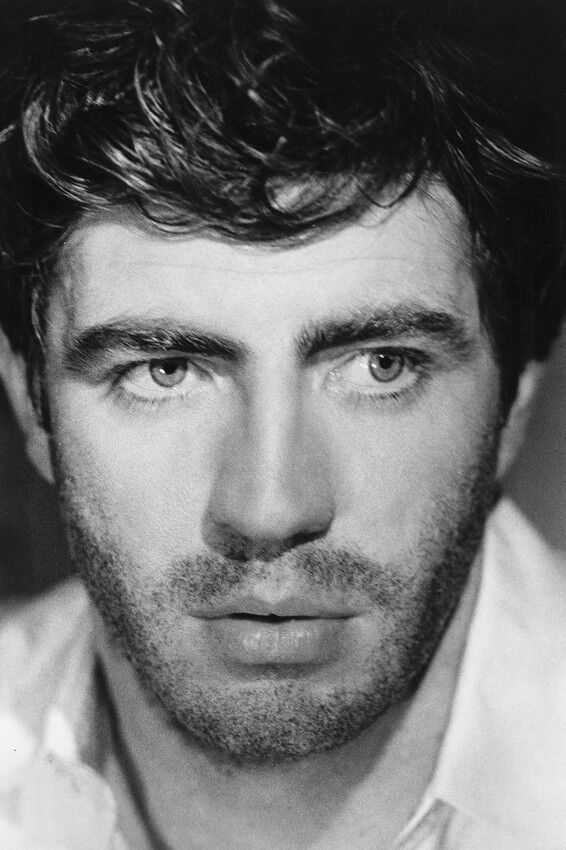
Alan Bates's personal life, including his marriage and relationships, was explored in detail in his authorized biography.
4.1. Marriage and children
Bates was married to actress Victoria Ward from 1970 until her death from a heart attack in 1992, although they had separated several years prior. They had twin sons, born in November 1970: the actors Benedick Bates and Tristan Bates. Tragically, Tristan died in 1990 in Tokyo following an asthma attack, at the age of 19.
4.2. Relationships and sexuality
Donald Spoto's 2007 authorized biography, Otherwise Engaged: The Life of Alan Bates, revealed that Bates had numerous relationships with men, including with actor Nickolas Grace and Olympic skater John Curry. Spoto characterized Bates's sexuality as ambiguous, stating that "he loved women but enjoyed his closest relationships with men." Despite the partial decriminalization of homosexuality in England in 1967, Bates rigorously avoided interviews and questions about his personal life, and even denied to his male lovers that there was a homosexual component to his nature. Throughout his life, Bates sought to maintain an image as a charming and charismatic man who, as an actor, could appear attractive to and attracted by women. He also chose some roles that featured aspects of homosexuality or bisexuality, such as Rupert in the 1969 film Women in Love and Frank in the 1988 film We Think the World of You. In the later years of his life, Bates had a relationship with the Welsh actress Angharad Rees.
5. Death
Sir Alan Bates died on 27 December 2003, at the age of 69, after slipping into a coma. The cause of his death was pancreatic cancer, with which he had been diagnosed in February 2003. He was buried at All Saints' Church, Bradbourne in Derbyshire. Bates bequeathed 95.00 K GBP to his friend and actress Joanna Pettet, who had provided support and companionship during his final months. Pettet stated, "It was a very touching gesture because he had done everything while he was in hospital to make sure I would be looked after following his death."
6. Legacy and Memorials
Alan Bates's contributions to the arts and his personal life are remembered through an authorized biography and a theatre established in his son's memory.
6.1. Biography
In 2007, Donald Spoto published Otherwise Engaged: The Life of Alan Bates, a posthumous authorized biography of the actor. The book was written with the cooperation of Bates's son, Benedick, and includes insights from over one hundred interviews, featuring contributions from individuals such as Michael Linnit and Rosalind Chatto.
6.2. Tristan Bates Theatre
Alan Bates and his family established the Tristan Bates Theatre, located at the Actors' Centre in Covent Garden, London. This theatre was created in memory of his son, Tristan, who died at the age of 19. Tristan's twin brother, Benedick Bates, serves as a vice-director of the theatre.
